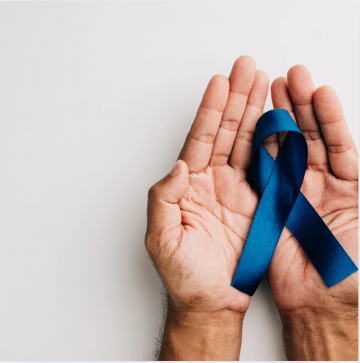
Managing diabetes at home can be a challenging task, especially for aging adults. However, with proper planning and support, it is entirely possible to maintain a high quality of life. This week, as part of our National Diabetes Awareness Month series, we’ll focus on three essential pillars of diabetes care at home: monitoring, medications, and lifestyle adjustments. These elements work together to help prevent complications and support overall well-being.
Monitoring: Keeping Track of Blood Sugar Levels
Regular monitoring is the foundation of diabetes management. Understanding blood sugar patterns for aging adults can help prevent spikes or dangerous lows.
- Blood Glucose Monitoring: A glucometer is vital for tracking blood sugar levels. Work with a healthcare provider to establish a schedule for testing, whether it’s fasting, before meals, or post-meal readings.
- Continuous Glucose Monitors (CGMs): These devices provide real-time updates, reducing the need for frequent finger pricks. They’re especially beneficial for older adults with mobility challenges or vision issues.
- Tracking Trends: Keep a log of blood sugar levels to identify patterns. Share this data with healthcare providers during appointments to adjust care plans as needed.
- Recognizing Warning Signs: Teach caregivers and family members to recognize symptoms of hypo or hyperglycemia, like dizziness, sweating, or confusion, and respond quickly.
Managing Medications: Staying on Schedule
Medications are crucial in controlling diabetes, but managing them can be complex for aging adults who may already have other prescriptions.
- Understanding Medications: Ensure seniors understand what each medication does, when to take it, and how it should be stored. This includes insulin injections or oral medications like metformin.
- Using Pill Organizers or Apps: Tools like pill organizers, alarms, or medication tracking apps can reduce the risk of missed doses or overmedication.
- Monitoring Side Effects: Be aware of potential side effects, such as dizziness or stomach upset, and promptly report any concerns to a healthcare provider.
- Support for Injections: If insulin is part of the treatment, ensure proper training for self-injection or assistance of a caregiver.
Lifestyle Adjustments: A Holistic Approach
Lifestyle changes are just as important as medical interventions. With the right habits, aging adults can better manage diabetes and enjoy an active, fulfilling life.
- Balanced Nutrition: Create meal plans emphasizing whole grains, lean proteins, healthy fats, and plenty of vegetables. Focus on foods with a low glycemic index to help regulate blood sugar levels.
- Physical Activity: Encourage safe, low-impact activities like walking, yoga, or chair exercises. These help maintain a healthy weight and improve insulin sensitivity.
- Stress Management: Chronic stress can affect blood sugar control. Techniques like meditation, deep breathing, or engaging in hobbies can help reduce stress.
- Regular Sleep: Ensure a consistent sleep schedule, as poor sleep can impact blood sugar levels. Address any issues like sleep apnea or restless leg syndrome that might interfere with rest.
Building a Support Network
Caring for diabetes is a team effort. Aging adults benefit greatly from having a robust support system that includes family members, caregivers, and healthcare professionals. In-home care providers, like Hope Senior Home Care, can play a critical role by assisting with medication management, meal preparation, and daily monitoring.
Diabetes care at home requires diligence, but it’s manageable with a structured plan and the right resources. By consistently monitoring, adhering to medications, and embracing a healthy lifestyle, aging adults can effectively manage their condition and enjoy a better quality of life.
If you or a loved one needs assistance with diabetes care, our team at Hope Senior Home Care is here to help. Contact us today to learn more about our personalized in-home care services.

